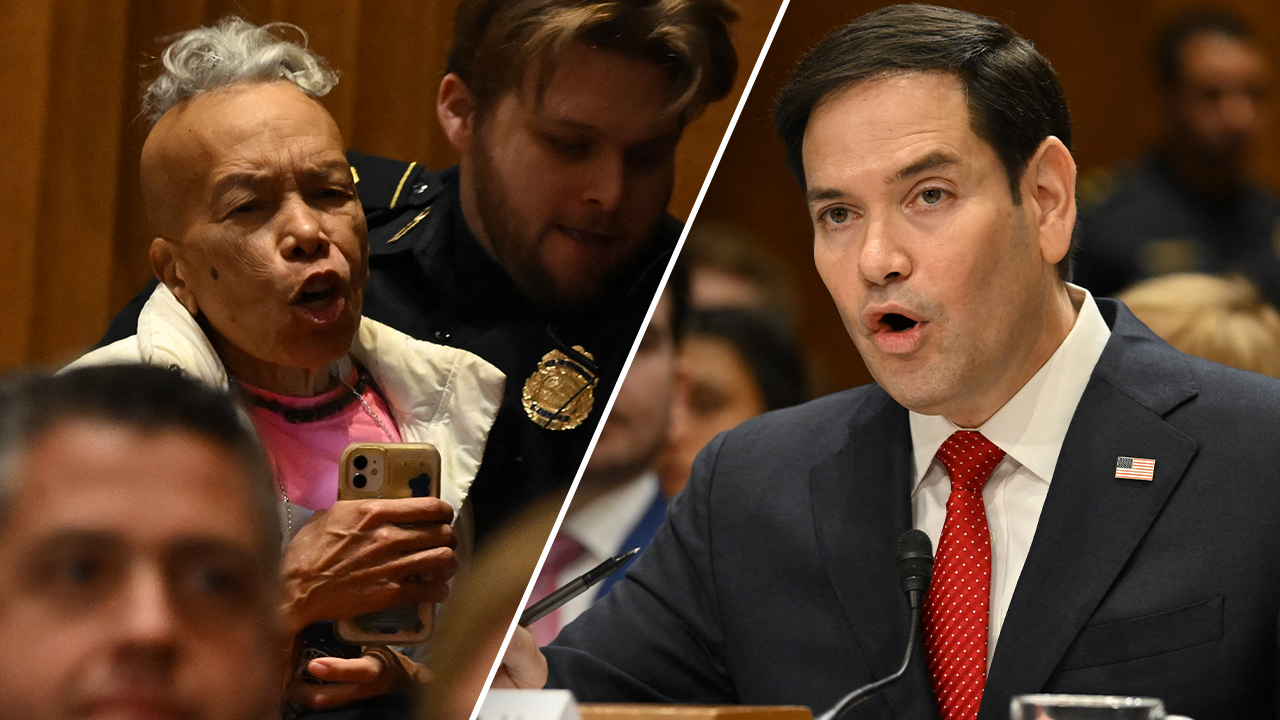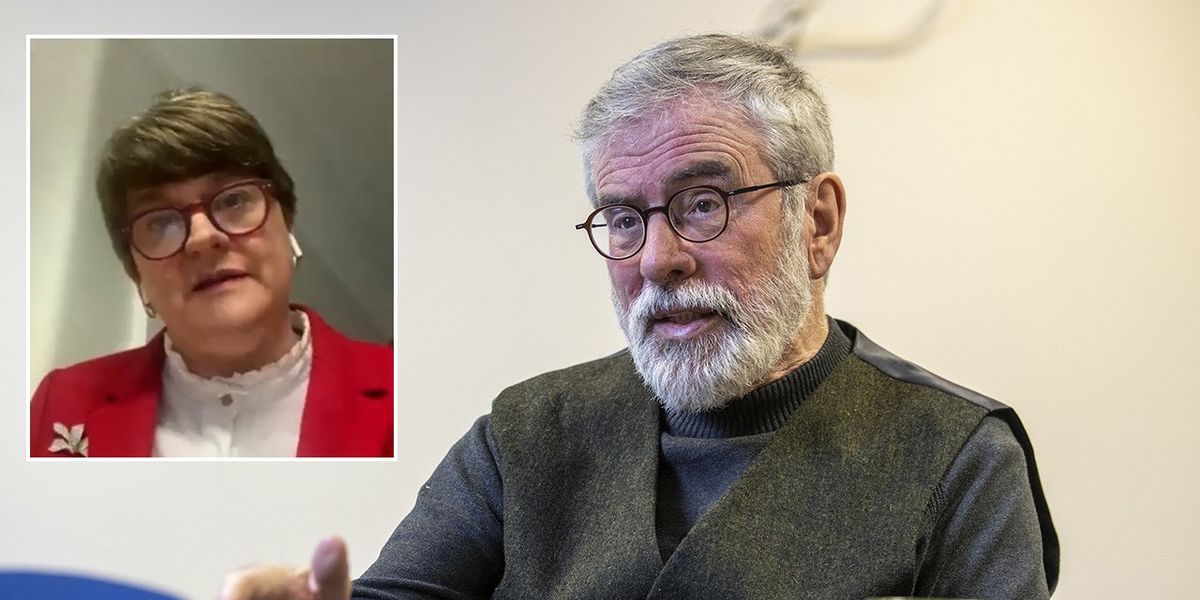When Meta CEO Mark Zuckerberg sat down with Joe Rogan, he pointed to the danger of government censorship — but also raised the question, why the change in tune?
“People in the administration calling up the guys on our team, and yelling at them and cursing and threatening repercussions if we don’t take down things that are true — it’s pretty bad, it sounds illegal,” Zuckerberg said on “The Joe Rogan Experience.” “I was just like well, we’re not going to do that.”
Zuckerberg is technically right — his company did not strictly “take down” things that are true. But, according to the Facebook Files, when the President Joe Biden’s administration demanded the company remove “true information about side effects” of vaccines, the company admitted it “currently label[ed] all of this content and demote[d] some of it.”
The company has recently done away with its fact checking program, promising “more speech and fewer mistakes” — and Zuckerberg cast the company as standing for “free expression” while speaking to Rogan. But if Zuckerberg and Facebook stood so adamantly against government censorship, one wonders why they were willing to censor content for the Biden regime in the first place.
Speech Enforcement
In Murthy v. Missouri, plaintiffs sued federal officials and agencies with concerns regarding the government-tech censorship complex formed between the Biden White House and Facebook. A majority of Supreme Court justices — including Justice Amy Coney Barrett — ruled against plaintiffs, holding they failed to “demonstrate a substantial risk that, in the near future, they will suffer an injury that is traceable to a Government defendant and redressable by the injunction.”
If the Facebook Files weren’t enough to prove this wrong, one needs look only at Zuckerberg’s recent admission that Facebook went along with the Biden administration’s suggestions at first.
“At the beginning it kind of seemed like, ‘Okay, we should give a little bit of deference to the government and the health authorities on how we should play this,’” Zuckerberg said.
Apparently, Zuckerberg considers briefings with the Biden White House about shaping the Covid narrative just “a little bit of deference.” Documents published by the House Judiciary Committee make clear that Facebook was well aware of Biden’s intent to censor inconvenient information, but Zuckerberg tried to claim the situation just got out of hand.
“Everything was shifting around, it just became very difficult to kind of follow, and this really hit the most extreme I’d say during the Biden Administration,” he said.
He painted a picture of the company fighting government overreach.
“All these different agencies and branches of government basically just started investigating and coming after our company. It was brutal,” Zuckerberg said — never mind the fact that Facebook was helping the government silence political dissidents and already had its own censorship policies in place.
In fact, Zuckerberg admitted in the interview that Pete Hegseth — Trump’s nominee for secretary of defense — would have faced censorship under the company’s old standards.
“Pete Hegseth is going to probably be defending his nomination for Secretary of Defense on the Senate floor, and I think one of the points that he’s made is that he thinks that women shouldn’t be able to be in certain combat roles,” Zuckerberg said. “Until we updated our policies, that wouldn’t have been a thing that you could have said on our platforms because it would call for the exclusion of a protected category of people.”
A Change Of Heart?
Meta has since adopted a new set of standards that it promises will allow more speech on the company’s platforms — even though when The Federalist previously reached out, a company spokesperson declined to answer any questions about this on the record.
Zuckerberg claims the company always cared about free expression, but this seems unlikely considering its previous policies and actions as a government censorship branch. Meta also relied on “international human rights norms” above the First Amendment, as The Federalist reported last year — so it hardly has a commitment to the free expression as guaranteed in the constitution. This raises the question: Why the change of heart?
Zuckerberg told Rogan the company refused to comply when the government pushed censorship that “sounds illegal” — suggesting he knew the company could be implicated if it went this far.
He pointed out “the First Amendment doesn’t apply to companies in our content moderation” — “but the First Amendment does apply to the government,” so he apparently knew the company would be implicating itself in potentially illegal activity if it agreed to censor true content. It seems, then, the company’s refusal to censor true content may have been a self-serving attempt to escape liability.
After all, ever since former President Donald Trump won reelection promising to hold people accountable, Zuckerberg has done an about-face — rebranding himself as a young personality friendly to free expression, a far cry from the billionaire who helped Biden win office and censored anti-vaccine speech in 2020.
“A lot of people look at this as like a purely political thing, it’s because they kind of look at the timing, and they’re like ‘Hey, you’re doing this right after the election,’” Zuckerberg said to Rogan. “It’s like, okay, I try not to change our content rules right in the middle of an election.”
Never mind that Zuckerberg helped leftist nonprofits shift election rules in 2020, when he dumped $350 million into local election offices. His company also directly censored The Federalist at least 11 times — not to mention various other conservative groups.
Suddenly, he told Rogan he wants to enable free expression and thinks Trump “just wants America to win.” But Meta still responds to government requests for user data and imposes content restrictions at the request of governments around the world.
So to assure Americans Meta is no longer colluding with government bureaucrats to silence speech, Zuckerberg should publish all requests from the White House or other federal officials to censor users since the Facebook Files of 2021. In turn, congressional investigators must ensure the White House and other unelected bureaucrats are not still colluding with Meta or other Big Tech companies to silence speech online.
Logan Washburn is a staff writer covering election integrity. He is a spring 2025 fellow of The College Fix. He graduated from Hillsdale College, served as Christopher Rufo's editorial assistant, and has bylines in The Wall Street Journal, The Tennessean, and The Daily Caller. Logan is from Central Oregon but now lives in rural Michigan.

 By The Federalist (Politics) | Created at 2025-01-15 14:55:59 | Updated at 2025-01-15 17:37:07
2 hours ago
By The Federalist (Politics) | Created at 2025-01-15 14:55:59 | Updated at 2025-01-15 17:37:07
2 hours ago








